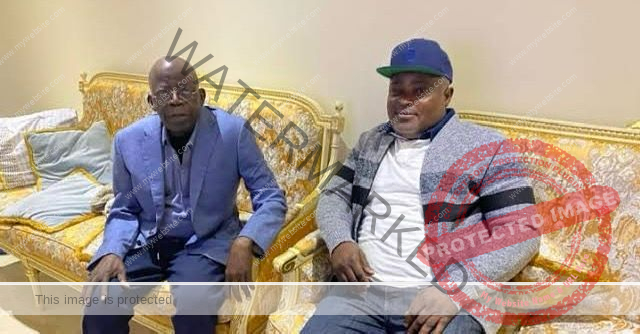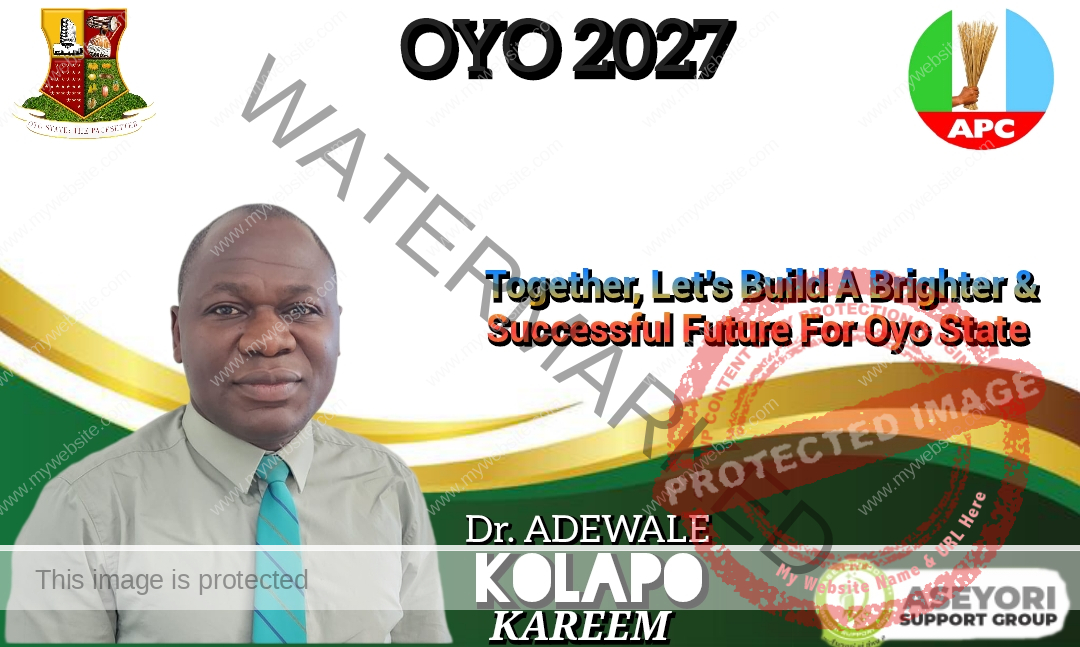


The Lagos High Court in Ikeja has declared the removal of Mudashiru Obasa as the Speaker of the Lagos State House of Assembly illegal and unconstitutional. However, allegations have surfaced that President Bola Tinubu’s administration played a pivotal role in securing the court victory for Obasa in exchange for a high-profile judicial appointment for the presiding judge, Justice Yetunde Pinheiro.
According to sources, the arrangement was discussed during a meeting at the Presidential Villa in Abuja on February 25 between the Presidency and Justice Pinheiro’s husband, Kemi Pinheiro, a Senior Advocate of Nigeria. The sources claim that Kemi Pinheiro was summoned to Abuja to persuade his wife to deliver a favorable judgment for Obasa, which would ultimately lead to her appointment to the Court of Appeal.

The main individuals involved in this controversy are Mudashiru Obasa, the Speaker of the Lagos State House of Assembly; Justice Yetunde Pinheiro, the presiding judge in Obasa’s case; Kemi Pinheiro, Justice Pinheiro’s husband; and President Bola Tinubu, who allegedly orchestrated Obasa’s court victory.

Mudashiru Obasa was impeached by the majority of lawmakers on January 13, 2025, on allegations of gross misconduct and abuse of office. He filed a lawsuit challenging the legitimacy of his removal and naming Mojisola Meranda and the Assembly as respondents. Meranda had been elected Speaker after Obasa’s impeachment and had the support of the majority in the Assembly.

Tinubu had intervened in the leadership crisis by calling for a meeting with the Lagos lawmakers in Abuja, where he brokered a resolution requiring Meranda to step down while Obasa was expected to withdraw his legal challenge. However, Obasa refused to back down, and sources reveal that Tinubu instructed him not to withdraw the case, assuring him that the presiding judge had already been “taken care of.”
Justice Pinheiro’s judgment upheld Obasa’s position, affirming him as the only legally recognized Speaker of the Lagos State House of Assembly. When contacted, Kemi Pinheiro vehemently denied the allegations, dismissing them as “rubbish” and claiming ignorance of his wife’s involvement in the case.
Despite the denial, sources close to the matter insist that Tinubu’s administration actively ensured a favorable court ruling. Following the lawmakers’ meeting with Tinubu in Abuja on March 12, Obasa’s legal team appeared increasingly confident about their case, insisting there was no plan to withdraw the suit.
The allegations have raised concerns about the integrity of the judiciary and the extent of executive interference in the legal process. If true, this would imply a significant breach of constitutional boundaries and undermine public trust in the judiciary.
As the situation unfolds, it remains to be seen how the Presidency and the judiciary will respond to these serious allegations. One thing is certain, however: the integrity of the judiciary and the rule of law hang in the balance.
The Presidency has a responsibility to ensure that the judiciary remains independent and impartial. Any attempt to influence the judiciary would be a serious breach of constitutional boundaries.
The implications of these allegations are far-reaching. If proven true, it would suggest that the executive branch is exerting undue influence over the judiciary, compromising the independence and impartiality of the courts.
The situation is complex, and the stakes are high. The Presidency, the judiciary, and the lawmakers all have roles to play in ensuring that justice is served and that the Constitution is upheld.
The nation watches with bated breath as these developments unfold. The response of the Presidency and the judiciary will be crucial in determining the future of the country’s democratic institutions.
In conclusion, the allegations surrounding Tinubu’s involvement in Obasa’s court victory raise fundamental questions about the rule of law and the independence of the judiciary in Nigeria.
The allegations also raise questions about the future of Obasa’s speakership and the stability of the Lagos State House of Assembly. Will Obasa’s reinstatement hold, or will further legal challenges arise? Only time will tell.
The Presidency must take these allegations seriously and ensure that the judiciary remains independent and impartial. The nation demands transparency and accountability from its leaders.
As more information comes to light, it is essential to examine the evidence and assess the implications for the country’s democratic institutions. The Nigerian people deserve nothing but the truth.
The situation is ongoing, and developments are expected to unfold in the coming days. For now, the nation remains on edge, waiting to see how this controversy will play out.
The role of the judiciary in upholding the rule of law is crucial. Any attempt to compromise the independence of the judiciary would have serious consequences for the country.
In the end, justice must be served, and the Constitution must be upheld. The Presidency, the judiciary, and the lawmakers all have roles to play in ensuring that justice is served and that the rule of law is maintained.
For justice to prevail, the judiciary must remain independent and impartial, making decisions based solely on the law, without external influence or pressure. The Presidency must respect the boundaries of its power and avoid interfering with the judiciary’s independence.
In Nigeria, the Constitution is clear about the role of each branch of government. Section 36 of the Constitution provides for the right to a fair hearing, ensuring that every person is entitled to a fair and impartial hearing before a court or tribunal.
Ultimately, the story’s conclusion hinges on upholding the principles of equality, fairness, and justice. When these principles are adhered to, justice can be served, and the rule of law can be maintained.
The phrase “Equal Justice Under Law” engraved on the US Supreme Court Building emphasizes this crucial principle. It underscores the importance of equality before the law, regardless of one’s status or background. This concept is fundamental to ensuring justice is served fairly and impartially.
By upholding these principles, the Nigerian judiciary can ensure that justice is served in the case of Mudashiru Obasa and others involved in similar controversies. The goal is to have a society where laws are obeyed and enforced regardless of individual status or position.












